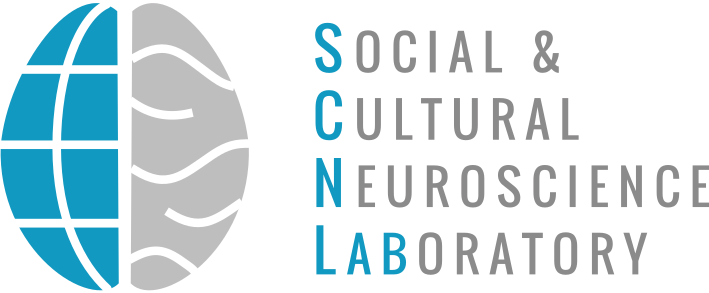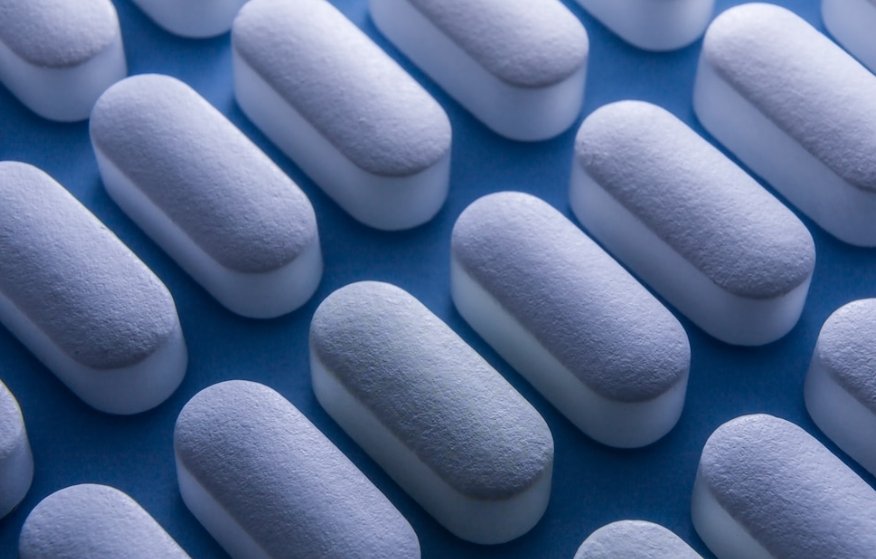Dr. Elizabeth Losin on Why Women Suffer More and Get Less Relief
/Pain is a universal human experience, but not all pain is treated equally. Dr. Elizabeth Losin recently spoke with National Geographic about a critical but often overlooked issue: women experience more pain than men, yet they receive less effective treatment.
For decades, medical research operated on a one-size-fits-all approach, largely basing drug efficacy on male physiology. It wasn’t until 1993 that the National Institutes of Health even required women to be included in clinical trials. The result? Women’s pain remains both understudied and undertreated.
Dr. Losin highlights that differences in biology—particularly hormonal and immune system factors—affect how pain medications work in women. Many common pain relievers, from NSAIDs to opioids, don’t provide the same level of relief for women as they do for men. Compounding the issue, women are more likely to have their pain dismissed by doctors, leading to delayed treatment and prolonged suffering.
Beyond medication, the social expectations placed on women—often juggling work, caregiving, and household responsibilities—further exacerbate their struggle with chronic pain. As Dr. Losin notes, self-advocacy is crucial: “When we interact with our medical system, we have to really advocate for ourselves because it doesn't necessarily happen on its own.”
The conversation around pain treatment is changing, but much more work remains.
Read the full National Geographic article here



